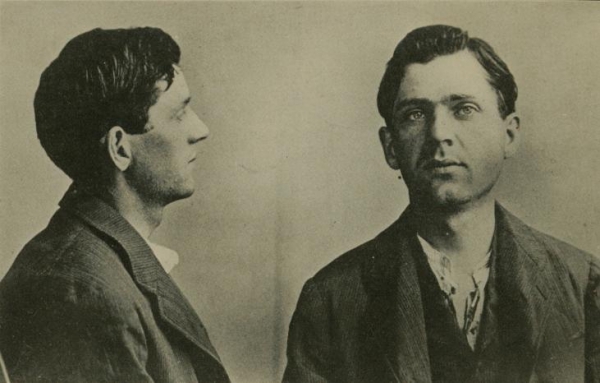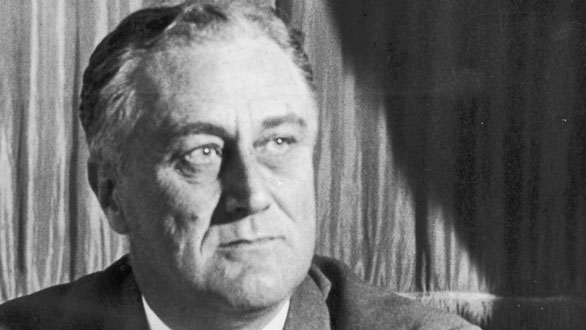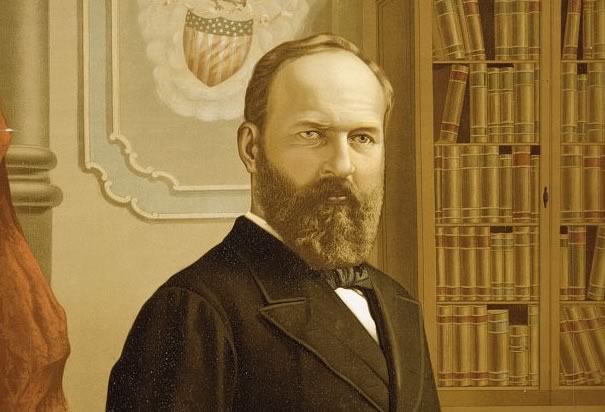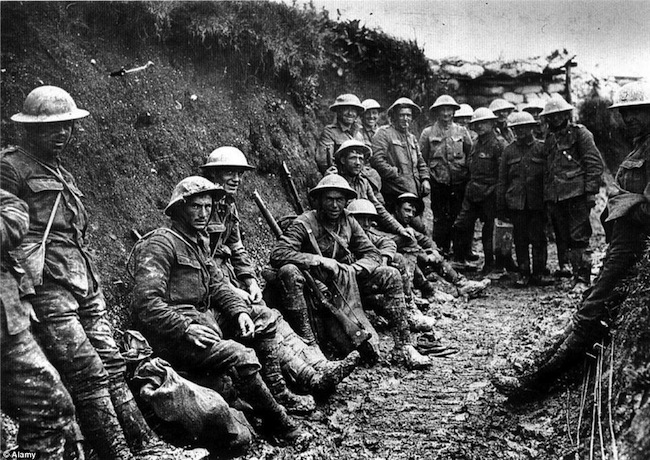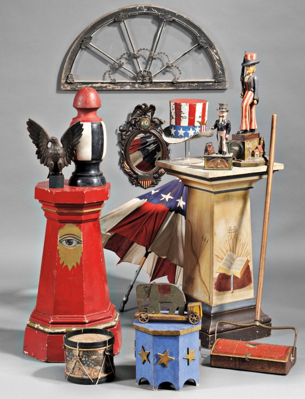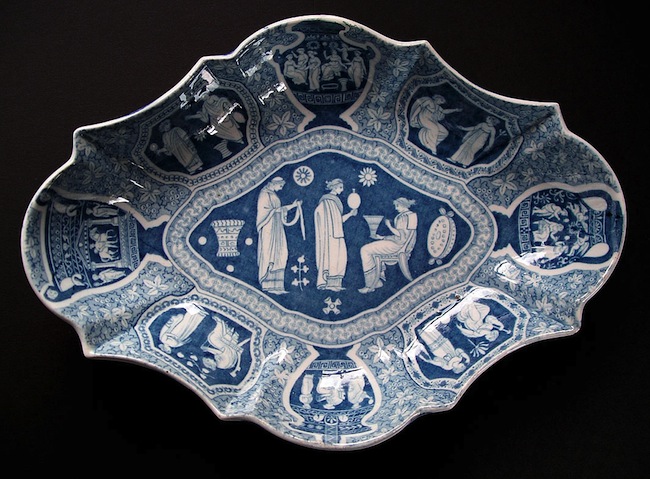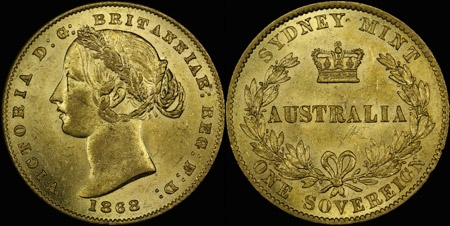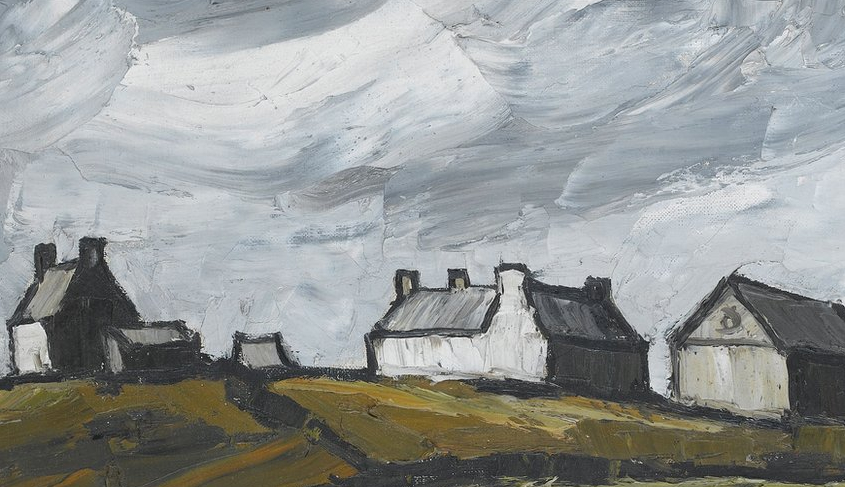- Progressives agitate for far-reaching reform in politics, business, poverty relief, and conservation
- United States implements aggressive foreign policy through both military actions and corporate investment
1901 Anarchist Leon Czolgosz (pictured) assassinates McKinley; Vice President Teddy Roosevelt becomes 26th president
Platt Amendment effectively turns Cuba into U.S. dependency
Spindle top oil field discovered in Beaumont, Texas; oil exploration rush begins
J. P. Morgan buys out Andrew Carnegie’s steel holdings, creating virtual monopoly in U.S. steel industry and leading to establishment of U.S. Steel, world’s first billion-dollar company
1902 Newlands Reclamation Act allots proceeds from public land sales toward construction of dams and reservoirs in arid West
1903 Elkins Act outlaws railroad favoritism and price-gouging
Henry Ford founds Ford Motor Company in Dearborn, Michigan
Panama declares independence from Colombia at urging of United States
W. E. B. Du Bois publishes social treatiseThe Souls of Black Folk
1904 Roosevelt Corollary to Monroe Doctrine increases U.S. military presence in Latin America
Supreme Court orders dissolution of J. P. Morgan’s Northern Securities Company; first in series of trust-busting cases brought against corporations
1905 U.S. Forest Service takes possession of federal forest reserves
Roosevelt helps negotiate end to Russo-Japanese War, wins Nobel Peace Prize
In Taft-Katsura Agreement, U.S. grants Japan dominion over Korea in order to secure U.S. dominion in Philippines
U.S. begins financial supervision of the Dominican Republic
1906 San Francisco begins to segregate Asian-American schoolchildren
San Francisco earthquake causes catastrophic damage, leaves 250,000 homeless
Roosevelt coins word muckraker to describe writers, such as Ida Tarbell, whose investigative pieces expose corporate immorality and political corruption
Upton Sinclair publishes novel The Jungle
Pure Food and Drug Act and Meat Inspection Act set food quality standards
Hepburn Act strengthens Interstate Commerce Commission
Construction on Panama Canal begins, made possible by Panama’s revolt from Colombia; United States gains unlimited lease on canal
United States invades Cuba to quash rebellion
1907 Oklahoma admitted to Union as 46th state
Agreement with Japan puts unofficial restrictions on Japanese, Korean immigration
United States’ Great White Fleet embarks on a world tour in order to assert U.S. supremacy over Japanese navy
1908 Root-Takahira Agreement firms up U.S., Japanese spheres of influence in Pacific
Roosevelt creates National Conservation Commission
William Howard Taft elected 27th president
Henry Ford introduces Model T automobile and installs first assembly line
1909 W. E. B. Du Bois, other black leaders, and concerned whites found National Association for the Advancement of Colored People (NAACP)
Payne-Aldrich Tariff maintains status quo on import duties
Dawes Act opens 700,000 acres of native land in Idaho, Montana, and Washington to white settlement
1910 Mann Act and Mann-Elkins Act regulate employment and commerce practices
1912 Woodrow Wilson elected 28th president; third-party candidate Teddy Roosevelt (from Progressive Party, nicknamed Bull Moose Party) becomes most successful third-party candidate ever, with 27% of popular vote
New Mexico and Arizona admitted to Union as 47th and 48th states, completing admission of 48 contiguous states
United States occupies Nicaragua in support of conservative government
1913 16th Amendment allows for establishment of income tax
17th Amendment allows for direct elections of senators
California’s Alien Land Law constricts right of Japanese to own U.S. land
Underwood Tariff sharply reduces duties on foreign trade
Federal Reserve Act creates central banking system and Federal Reserve Board to regulate interbank interest rates
1914 Panama Canal opens
Clayton Antitrust Act extends parameters of Sherman Antitrust Act
Women’s activist Margaret Sanger found guilty of obscenity for sending mailings promoting use of contraception; charges dropped in 1916
Federal Trade Commission created to regulate commerce
World War I begins in Europe
Credits: Sparknotes

